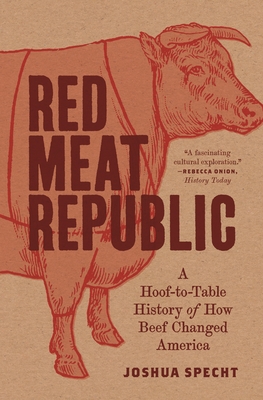Expedite your nonfiction book discovery process with Readara interviews, summaries and recommendations, Broaden your knowledge and gain insights from leading experts and scholars
In-depth, hour-long interviews with notable nonfiction authors, Gain new perspectives and ideas from the writer’s expertise and research, Valuable resource for readers and researchers
Optimize your book discovery process, Four-to eight-page summaries prepared by subject matter experts, Quickly review the book’s central messages and range of content
Books are handpicked covering a wide range of important categories and topics, Selected authors are subject experts, field professionals, or distinguished academics
Our editorial team includes books offering insights, unique views and researched-narratives in categories, Trade shows and book fairs, Book signings and in person author talks,Webinars and online events
Connect with editors and designers,Discover PR & marketing services providers, Source printers and related service providers

Red Meat Republic: A Hoof-To-Table History of How Beef Changed America
History > United States - General
- Princeton University Press
- Paperback
- 9780691209180
- 8.4 X 5.4 X 1.1 inches
- 0.7 pounds
- History > United States - General
- (Single Author) Asian American
- English
Readara.com
Book Description
How beef conquered America and gave rise to the modern industrial food system
By the late nineteenth century, Americans rich and poor had come to expect high-quality fresh beef with almost every meal. Beef production in the United States had gone from small-scale, localized operations to a highly centralized industry spanning the country. This book tells the remarkable story of the violent conflict over who would reap the benefits of this new industry and who would bear its heavy costs. Joshua Specht brings to life a turbulent era marked by Indian wars, Chicago labor unrest, and food riots in the streets of New York. A compelling and unfailingly enjoyable read, Red Meat Republic reveals the complex history of exploitation and innovation behind the food we consume today.
Author Bio
Joshua Specht is an environmental and business historian of the United States. His first book, Red Meat Republic: A Hoof-to-Table History of How Beef Changed America (Princeton University Press, 2019) explores how American rich and poor came to expect affordable high-quality fresh beef. The book further outlines the human and environmental costs of this abundance.
He has also written on the evolutionary history of the Texas longhorn, the rise and fall of western boomtowns, the field of commodity history, and questions of pedagogy. His current work examines politics and institutions in nineteenth-century America through the lens of political-ecology.
Source: University of Notre Dame
Community reviews
No Community reviews






